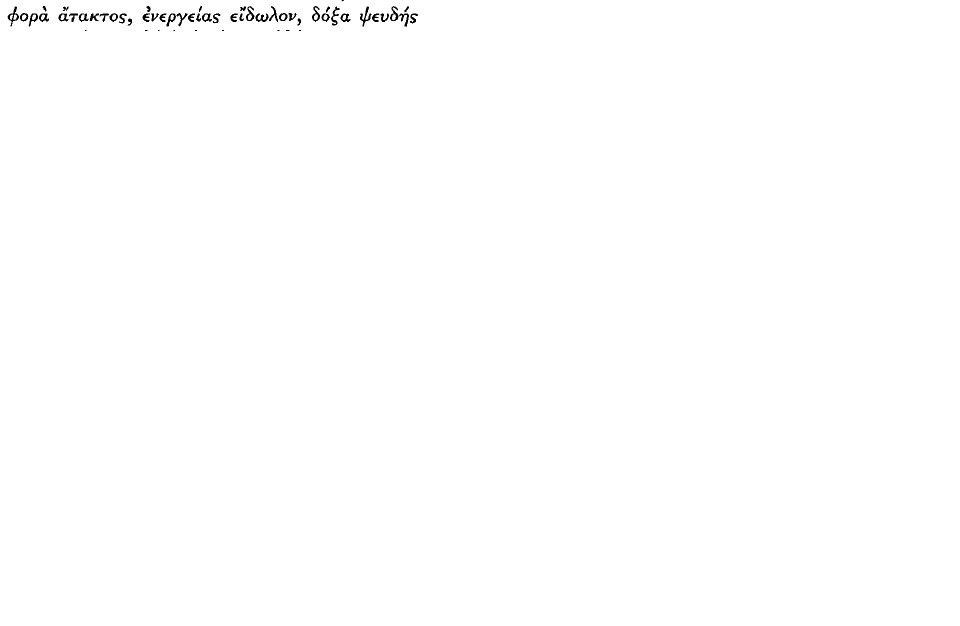Article contents
Palladas on Tyche
Published online by Cambridge University Press: 11 February 2009
Extract
Palladas can hardly be credited with either a religious creed or a philosophical system, but he held some powerful convictions which were not necessarily consistent but certainly reflected his emotional responses to a life embittered by poverty (A.P. 9. 169, 175; 11. 302, 303), a nagging wife (9. 168; 11. 378), and a profession which he detested (9. 171, 173, 174). In so far as he believed that a single power controls circumstances, it was Tyche, to whom he refers with frequent comments, usually hostile. By the latter part of the fourth century A.D. the ancient belief in Tyche had become intellectually respectable in certain Pagan circles. There were of course those who followed the Cynics in denying any importance to her (Stob. 2. 7. 21), and their rejection of her can be seen, in different forms and at different levels, in a Hermetic text which regards her as  (Stob. 1. 41. 1), in an anonymous couplet,1 which looks as if it came from the last years of Paganism:
(Stob. 1. 41. 1), in an anonymous couplet,1 which looks as if it came from the last years of Paganism:
Information
- Type
- Research Article
- Information
- Copyright
- Copyright © The Classical Association 1960
References
page 118 note 1 The third line given by the manuscripts is clearly a marginal note. Cf. Waltz, P., ad loc.Google Scholar
page 120 note 1 Kalinka, E., Wien. Stud. xxiv (1902), 292–5.Google Scholar
page 121 note 1 Herzog-Hauser, G., R.-E. vii A 1671 ff.;Google ScholarWaser, O. in Roscher, , Lex. Myth. v. 1319 ff.Google Scholar
page 123 note 1 Keydell, R., Byz. Zeitschr. 1 (1957), 1–3.Google Scholar
page 126 note 1 So Jacobs, followed by Stadtmueller and Beckby, but not by Dübner, Waltz, Paton, or Luck.
page 127 note 1 Wissowa, G., in Roscher, , Lex. Myth. iv. 1295Google ScholarCumont, F., Recherche sur le symbolisme funéraire des Remains, p. 178 n. a;Google ScholarLux Perpetua, p. 123 n. 1.Google Scholar
- 5
- Cited by

